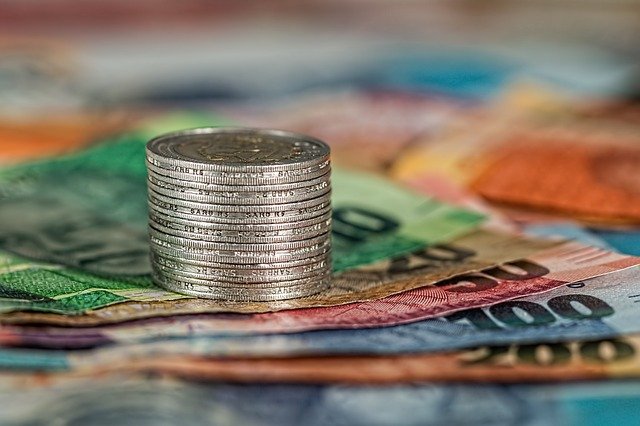The GOOD Party has questioned whether a basic income grant of sorts would ever be implemented in South Africa once the Covid-19 grant was terminated. The party also slammed the budget for paying little attention to the poor.
Delivering the budget speech before Parliament in Cape Town on Wednesday, Finance Minister Enoch Godongwana revealed that tax collections for 2022/23 were expected to total R1.69 trillion. This exceeded the 2022 Budget estimate by R93.7 billion.
However, GOOD Party’s Brett Herron said the budget failed to meet the needs of vulnerable South Africans who have had to dig deep into their pockets with the soaring cost of living.
“None of those benefits accrue to the people who need the support the most and that is the poorest of South Africa. We have this extra revenue and we don’t apply it to assist poor families,” he said.
SMread: Turkiye, Syria, WHO warn of looming secondary crisis
Covid-19 grant
The social relief of distress (SRD) grant, commonly referred to as the Covid-19 grant, was introduced by President Cyril Ramaphosa in 2020. It was intended to cushion the impact of the pandemic and lockdown on the poorest.
On Wednesday, Godongwana said R66 billion would be allocated to Social Development over the medium term, R36 billion of which would fund the extension of the grant until the end of next March.
Herron was disappointed that the grant remained at R350 despite earlier hints by the president of an increase. At least seven million South Africans rely on the grant each month, with millions more applying.
“The president hinted that there would be an increase in that grant; it didn’t come … On the social grant space, there’s a huge failure to allocate the additional revenue and additional expected income to support families who need the most,” said Herron.
Herron also asked what was meant to happen to the millions – mostly women – who relied on the Covid-19 grant once it was terminated. He suggested a basic income grant could be introduced to plug the gap.
“The additional revenue and the stabilisation of our fiscal system is welcome and should be used for providing services to those who need it most and what’s the point of having a surplus that we don’t use for those who need it most?”
According to the South African Social Security Agency (Sassa), at least 60% of recipients are aged between 18 and 35 years. Since April last year, the Department of Social Development had approved between five million and 7.8 million recipients each month. Among the recipients were around 15,000 asylum seekers.
In his state of the nation address, Ramaphosa said: “To counter the rising cost of living, we will continue the Social Relief of Distress Grant, which currently reaches around 7.8 million people. We will ensure that existing social grants are increased to cushion the poor against rising inflation”.
He said such increases would be “set out in the budget by the Minister of Finance”.
Inayet Wadee and Brett Herron also discussed the rebate incentive proposed for households that install rooftop solar panels. Listen to the full discussion here:
